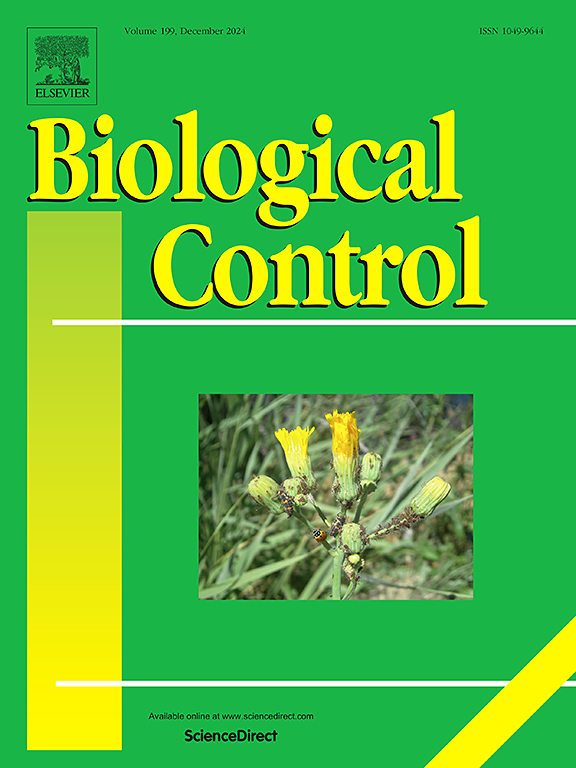Key messages
- East Kalimantan province (Kaltim) has adopted and developed a long-term phased ‘green’ economic reform strategy that includes goals to limit coal production and increase agricultural productivity, particularly in the oil palm sector.
- One notable achievement of East Kalimantan’s green economic reform is the issuance of various regulations supporting low-carbon development that indicate a “politics of possibility” and an appetite for change from key actors across the political spectrum. The challenge ahead is how to mobilize key actors to implement these regulations as quickly as possible.
- We find that the enactment of regulations on post-mining landscape reclamation and rehabilitation was associated with well-organized public mobilizations, but coal remains central to East Kalimantan’s economy. For oil palm, the government is simultaneously promoting further oil palm development along with high conservation value forest protection – now a policy prescription with widespread support from members of the house of representatives and development partners.
- However, the East Kalimantan Provincial Government also seeks to maintain economic growth – meaning the province is unlikely to completely phase out coal mining and/or halt oil palm expansion in the near term.
- Clear and consistent policy directions from the national government, in combination with significant new global market signals, are required for more substantial provincial green economy reforms to proceed.
Download:
DOI:
https://doi.org/10.17528/cifor/008177Altmetric score:
Dimensions Citation Count:
Publication year
2021
Authors
Nofyanza, S.; Barney, K.; Peteru, S.; Paembonan, R.; Kristanti, R.
Language
English
Keywords
development policy, economic impact, national planning, natural resource management, charcoal, oil palms, forest rehabilitation
Geographic
Indonesia
























